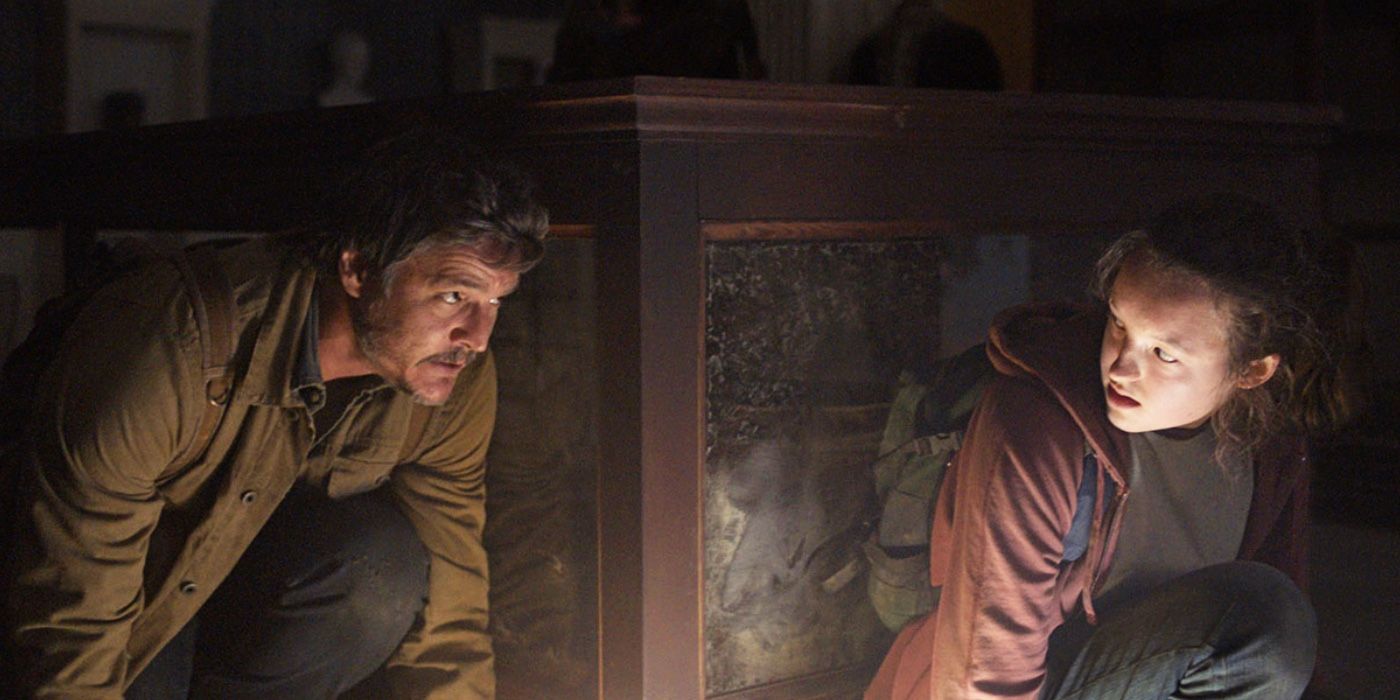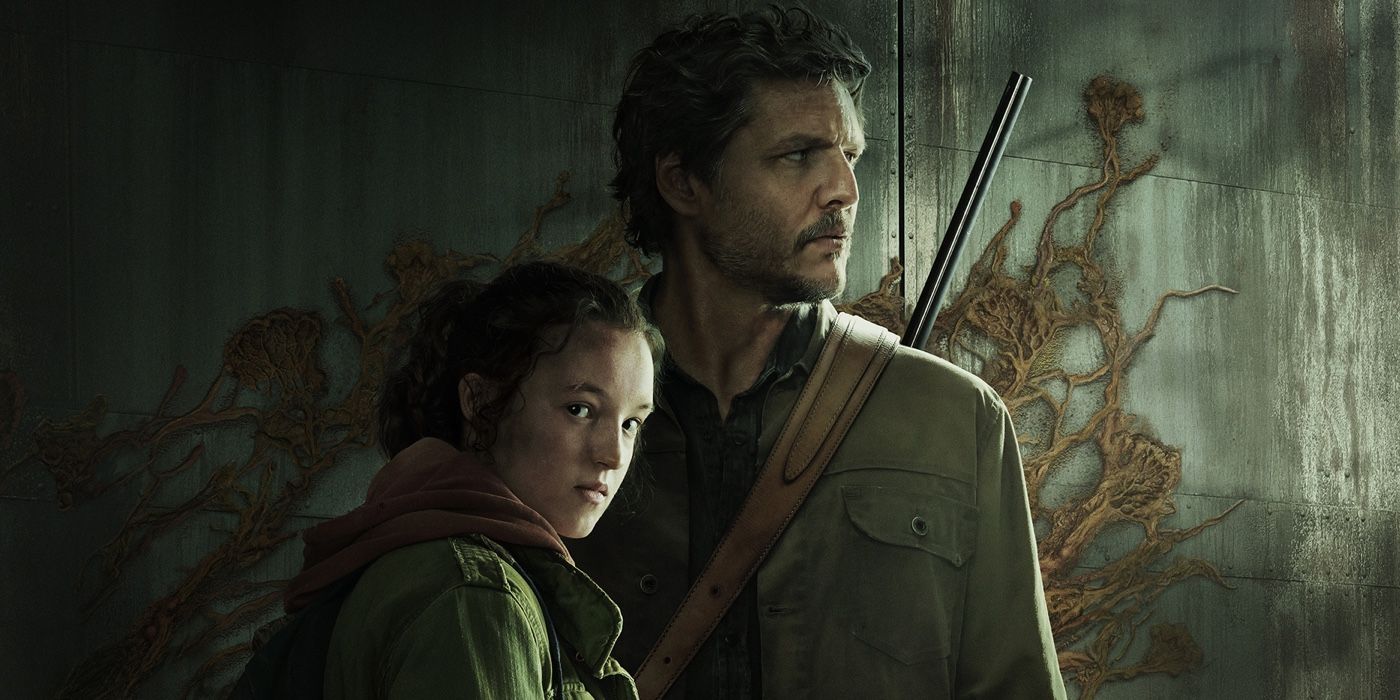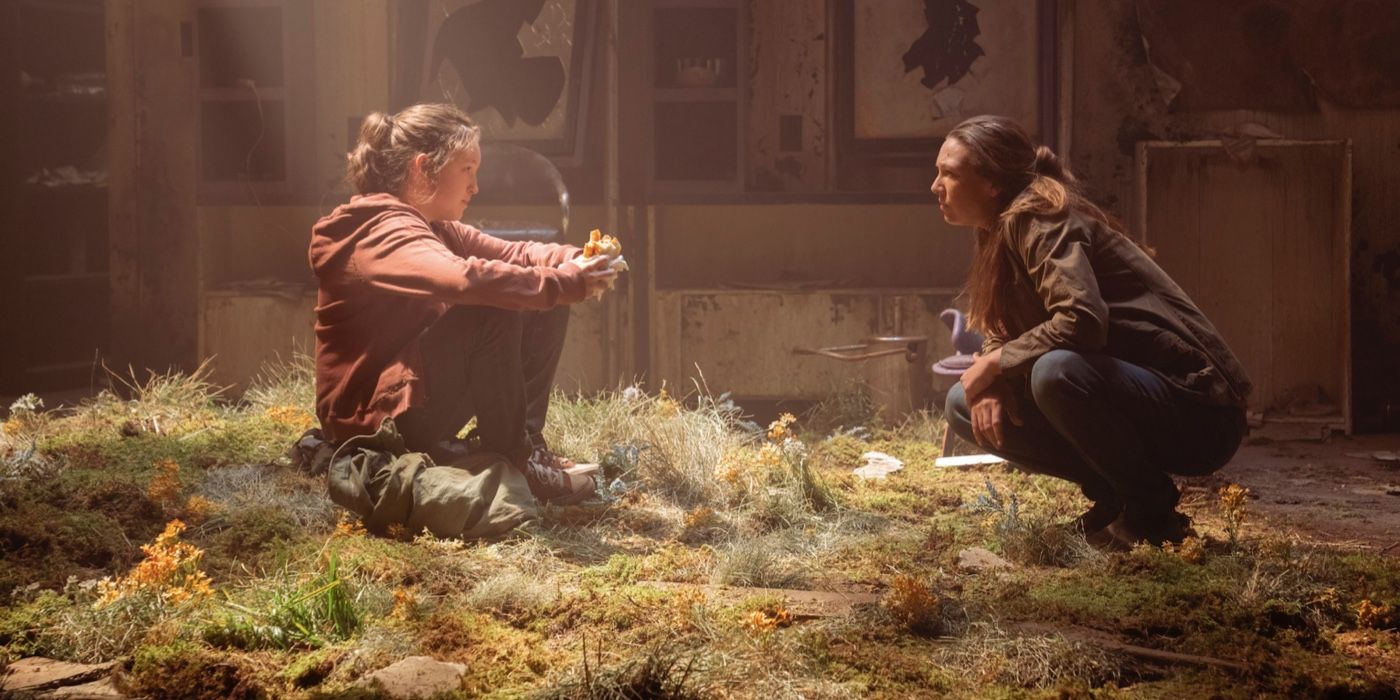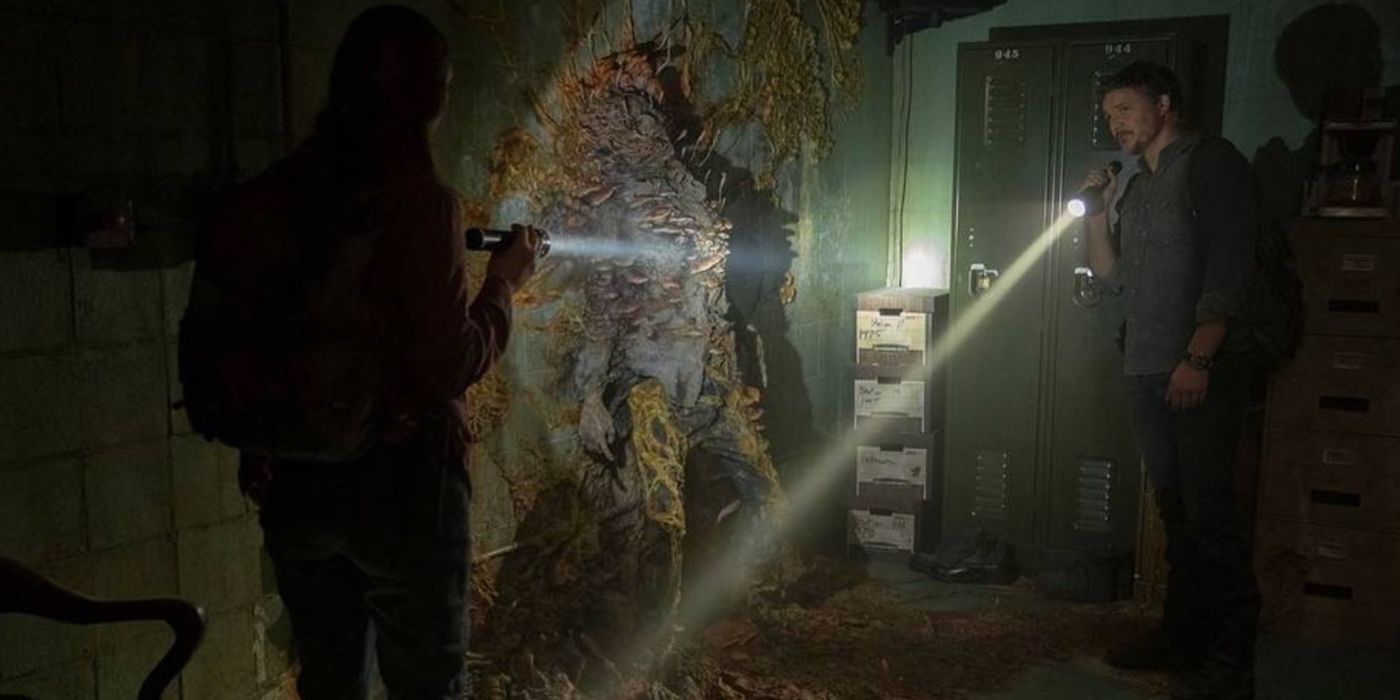Video games have notoriously been difficult to translate well into another medium. The Resident Evil franchise never found its groove in both film and television, with the most recent Netflix series canceled after just one season. The 2016 Assassin's Creed film didn't leave behind a stellar reputation. The Tomb Raider adaptations were nearly good but never quite there. Recently, Amazon greenlit a series based on God of War, which already has fans shaking in their boots. This all begs the question: are video game adaptations destined for failure? The Last of Us showrunners Craig Mazin and Neil Druckmann don't think so and are rolling the dice by adapting one of the most critically acclaimed video games of all time -- one that was formerly thought of as untouchable.
The game itself, co-directed by Druckmann with Bruce Straley, already lends a helping hand at making the adaptation process a bit easier; The Last of Us is most memorable for the story between Joel and Ellie, a hardened smuggler and a 14-year-old girl who is immune to the virus that turned the world into an apocalyptic nightmare. Although the story is already there, it doesn't make adapting it any easier. Fans of the game have high expectations, and with these expectations come preconceived notions of what a video game on the big or small screen looks like. In a roundtable attended by CBR, Mazin and Druckmann assured fans that they are aware of what has made video game adaptations fail, and they're working to break this curse for the HBO series.
"In the past, I think a lot of decisions about video game adaptations have been made very cynically by people who don't play the games at all," said Mazin, who has been open about being a fan of the game and considers it the "greatest video game story ever." "They just get a piece of paper that says, 'It sold this many copies, and it has this much global awareness,'" Mazin reflected on past creators of adaptations. "They don't love it. They don't breathe it. Now, I think that's starting to change. Neil and I love and breathe The Last of Us. We understand every little tiny bit."
Mazin also expressed hope that video game lovers would continue being in charge of creating the adaptations and that "some of the companies get out of the way a little bit," which, luckily, HBO has allowed them to do freely. For Druckmann, he hopes to break the "video game curse," as he refers to it so that The Last of Us can be a blueprint for future adaptations. "I hope that, more than anything, this process will be successful, and people will look back at this show and be like, 'Oh, this is how you need to do it.'" Druckmann continued, saying the "wrong" people in charge "draw the wrong conclusions, and they're putting the wrong things up on the screen, which is what they think players want, but it's actually not."
Despite the talk of bad adaptations, Mazin did take the time to praise the creatives behind The Witcher on Netflix (although the series takes much inspiration from the book series of the same name rather than the game). "The team that makes The Witcher," Mazin noted, "they love and understand The Witcher. You can tell they love it, and they get it." Beyond that, Druckmann cited other HBO shows that made him feel comfortable knowing his work was in the hands of a prestige network, such as The Sopranos, The Leftovers, Six Feet Under, and Watchmen.
The Last of Us may be hitting the small screen soon on HBO, but there was actually a time when it was meant to be a movie, as Druckmann explained. Diving into the process of adapting the video game for film proved to have difficulties. "To try to condense that [game] to two hours always felt like it was going to be compromised," Druckmann stated. "I was never able to crack it." Druckmann found luck when he began working with Mazin after seeing the latter's work on Chernobyl, which Druckmann initially thought would be "too depressing" but was relieved when the HBO limited series turned out to be "a wonderful thriller, in a way." The video game developer even had hope to work with Mazin, saying, "If I could team up with this guy to tell this story, maybe there's a good chance of doing a good version of it."
Ironically, Mazin was interested in adapting The Last of Us, but Druckmann turned him down initially because he didn't know who he was at first. As with Chernobyl, Mazin saw the key to The Last of Us was the real fright rather than the fantasy elements: "These are not zombies crawling out of graves," he explained. "There is no magic. There are no spirits and spooks. It's science, and to me, nothing is scarier than a scientist being scared."
Like television shows, video games aren't easy projects to complete, with hundreds of people working for hours to perfect them. As co-creator of the game, it's no surprise that Druckmann wanted to honor the original work and the people behind it and said that he kept development company Naughty Dog updated on the series. "I love showing stuff to the people back at Naughty Dog and seeing their reaction and seeing the pride in their eyes when they're watching the show," Druckmann said with joy.
While Druckmann did co-write the series with Mazin, he also worked as a director on the series. When asked how different it was directing for video games versus television, Druckmann said it wasn't actually that different. "Maybe that just speaks to how far games have come as far as capturing cinematic moments," he reflected. He did cite one big difference and obstacle in directing for television, which was the lack of "wiggle room" for visual effects. "There's a certain luxury we have in video games that when we capture a performance, we have every angle under the sun," Druckmann said. "We don't have to worry about coverage because we have all the coverage in the world." This allowed Druckmann and video game teams to simply change clothing, camera angles, weather, and many more elements, but that's not an easy feat in television.
Regarding working for television, Druckmann said, "There's a little bit of wiggle room with some VFX, but not nearly as much as you want." This made Druckmann come into the production stage with a whole new mindset, one that was fully prepared for the editing stage. "Everything has to come together for this moment where you say 'action,' and you hold your breath, and you hope all the pieces come together. Usually, they don't on the first time." Once things work the way they were expected, Druckmann referred to this feeling of success as a "high-wire circus act."
Perhaps one aspect from the video game that left a lot of wiggle room was the treatment of characters Bill and Frank, the latter of whom only appears as a corpse in the video game but is now portrayed by The White Lotus' Murray Bartlett. In a sequence heavily reliant on action in the game, Joel and Ellie meet up with the reclusive Bill, who lives alone in a booby-trapped town and is skeptical of outsiders -- even Joel, who he often trades with. Nearing the end of Bill's story, they find Frank's body and a petty note that balances the tragedy of the situation with well-needed humor. While not explicitly stated in the game, it was hinted the two were in a romantic relationship, which the series is now exploring. "There's just certain change that has to happen as we go from one medium to another," Druckmann explained in response to a question from CBR about the story expansion. "There's a lot to mine there as far as this very personal drama that ultimately shows another version of love in this world."
The inclusion of this emotional tale was actually Mazin's idea, who felt his decision was justified. "Any change that I ever proposed, anything I wrote that was different from the game, was always in some way inspired by the game," he explained. "The thing that inspired me from the Bill section was the simple fact that he's safe. No one else in the world is really safe, maybe, until we get to Jackson." This is a world set in an apocalypse infected by cannibalistic creatures, but Mazin pointed out that Bill was an outlier in the danger. "He's unique. He's created an oasis for himself. I just started thinking, 'What does it mean to be safe?'" Further, it was the concealed nature of Bill and Frank's background that inspired Mazin. "The promise of what happened to Frank was so interesting to me, and we did take it in a very different direction," he stated.
Druckmann agreed with Mazin's philosophy, which ultimately speaks to the path Druckmann and Mazin are taking to save video games from a doomed Hollywood translation: "How big of a deviation we make has to be proportional to how good that deviation is," Druckmann described. "What Craig pitched was so beautiful, and that -- to me -- spoke so well to the themes of this story that it was a no-brainer to go down this road."
The Last of Us premieres on Jan. 15 on HBO and HBO Max.




